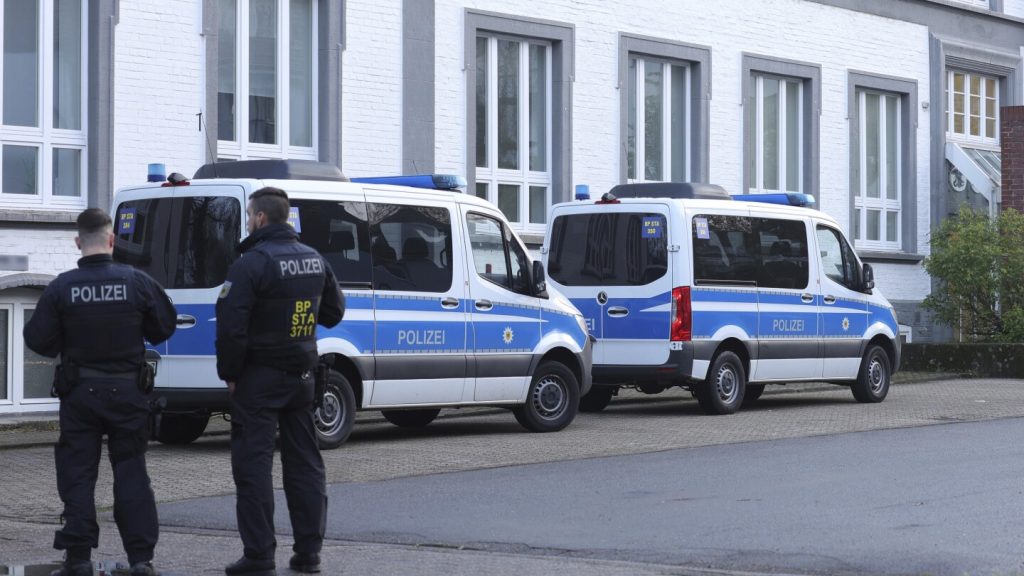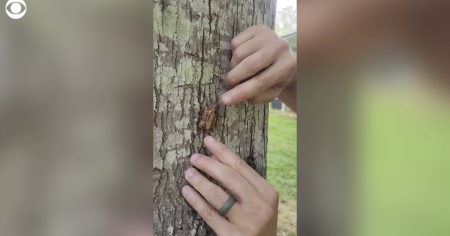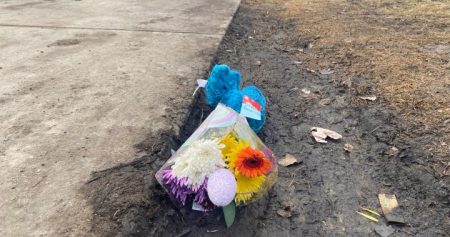German authorities conducted a large-scale raid against an international human smuggling gang, resulting in the detention of 10 suspects, including two lawyers, in western and southern Germany. The suspects are accused of illegally obtaining residency permits for around 350 Chinese nationals who did not meet the necessary criteria by taking advantage of special German immigration rules reserved for skilled foreign workers. The gang allegedly recruited wealthy foreign nationals, mainly from China and Arab countries, and charged them between 30,000 to 350,000 euros for illegal help with visas.
The suspected lawyers and their helpers used the money obtained from clients to set up fake companies, finance false residences, and falsify wage payments. They allegedly kept “not inconsiderable amounts” to enrich themselves. False residence permits were obtained from immigration offices in several towns and counties in western Germany, with one of the detained suspects being a city employee who was allegedly bribed to participate in the scam. Raids were carried out in multiple states, resulting in the seizure of assets and collection of evidence, including around 210,000 euros in cash.
German Interior Minister Nancy Faeser commended the police and prosecutors for their efforts in combating organized migrant smuggling, describing the raid as a “massive strike.” She emphasized the need for a tough approach against smuggling gangs and vowed to continue the crackdown. The investigation focused on North Rhine-Westphalia, where the 10 suspects were detained. The authorities expressed their commitment to maintaining a high level of investigative pressure in the fight against organized migrant smuggling.
The operation involved more than 1,000 police officers searching dozens of homes, stores, and offices across western and southern Germany. In addition to the 38 suspected gang members, 147 other individuals who allegedly paid to be smuggled by the gang are also under investigation. The names of the suspects were not disclosed in accordance with German privacy rules. The main suspects, two lawyers from the Cologne area aged 42 and 46, are being held responsible for orchestrating the illegal activities and exploiting the immigration system for financial gain.
The involvement of city employees and the utilization of fake companies to facilitate the smuggling operation indicate a sophisticated network that exploited loopholes in the immigration process. The authorities highlighted the importance of a consistent crackdown on organized migrant smuggling, recognizing the seriousness of the crimes committed by the gang. The significant assets seized during the raids demonstrate the scale of the operation and the substantial financial gains made by the suspects. The coordinated efforts of law enforcement agencies across multiple states in Germany reflect a commitment to addressing the challenges posed by international human smuggling networks.
















